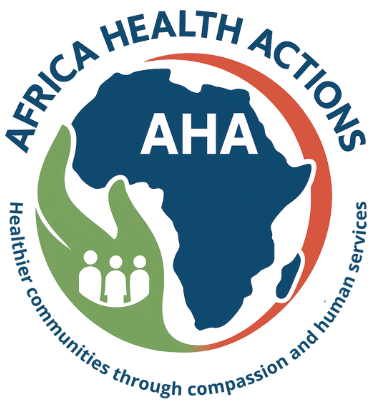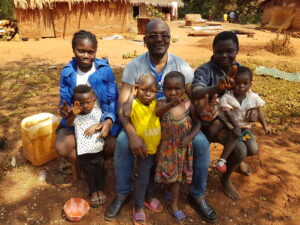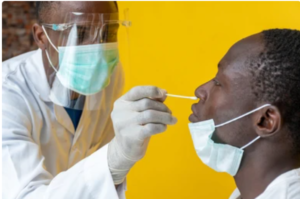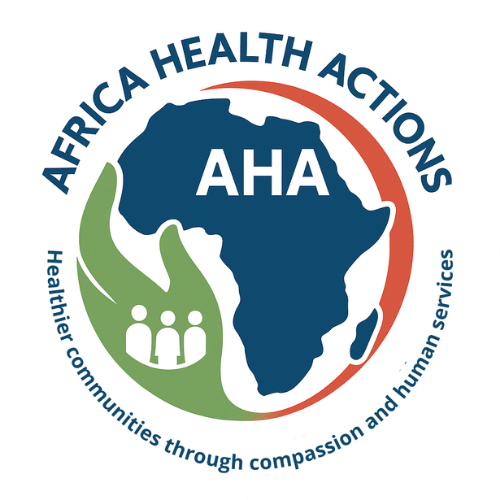Cameroon, situated at the crossroads of Western and Central Africa, has a diverse population exceeding 27.9 million. With a per capita income of $3,990, the life expectancy stands at 62 for females and 59 for males. The infant mortality rate, standing at 28 per 1,000 live births, reflects both progress and persistent challenges. The capital, Yaoundé, is located in the south-central region, and the ethnically diverse population contributes to one of the most urbanized societies in Western Africa.
Maternal, Newborn & Child Health (MNCH)
Maternal health in Cameroon faces challenges, with a maternal mortality ratio of 1176 per 100,000 live births between 2017 and 2022. The main contributors are the low utilization of maternal healthcare services and inadequate skilled birth attendance.
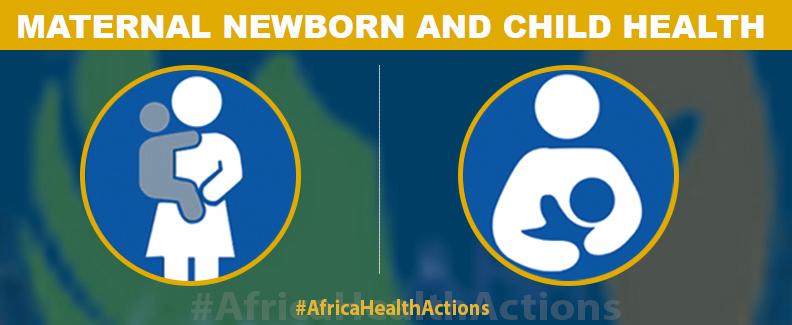
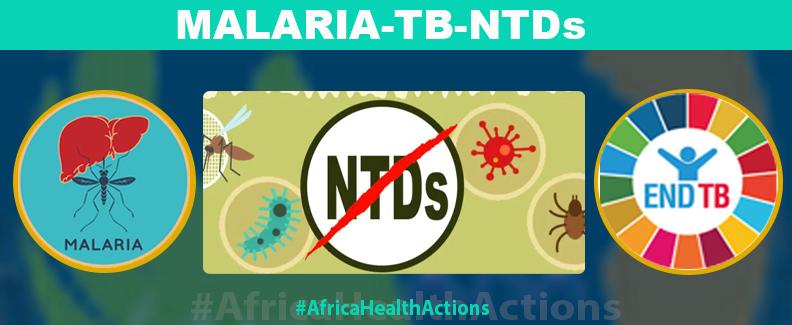
Malaria, Tuberculosis (TB), and Neglected Tropical Diseases (NTDs)
Malaria is a widespread endemic disease in Cameroon, causing 2.7 million reported cases annually and affecting school and work attendance. Tuberculosis is a significant public health concern, with a prevalence estimated at 17.7% (179/100,000). Neglected Tropical Diseases, including Lymphatic Filariasis, Onchocerciasis, Schistosomiasis, Soil-transmitted Helminthiasis, and Trachoma, pose substantial health risks, leading to life-altering morbidity and long-term disabilities.
Disease Surveillance, Emergency Preparedness, & Outbreak Response
Cameroon grapples with recurrent disease outbreaks, such as cholera, COVID-19, Polio, monkeypox, and measles. The country actively engages in disease surveillance, emergency preparedness, and outbreak response to mitigate the impact of these health crises.
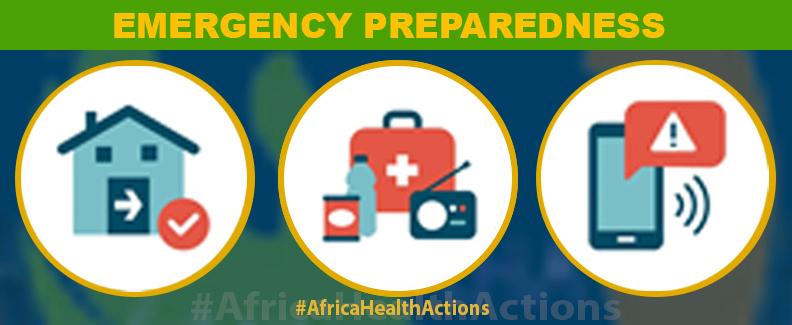
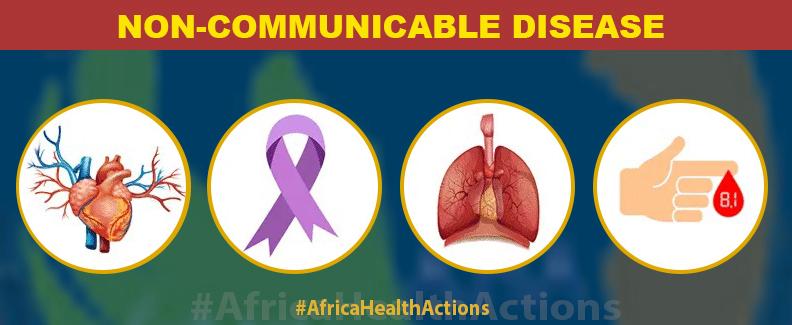
Non-communicable Diseases (NCDs)
Non-communicable diseases (NCDs) constitute a significant health challenge in Cameroon. In 2021, the age-standardized mortality rate for major NCDs (Cardiovascular Disease, Chronic Respiratory Disease, Cancer, and Diabetes) was 841 per 100,000 in males and 652 in females. Addressing NCDs is crucial for improving overall health outcomes in the population.
OUR PROJECTS & PROGRAMMES
Advocacy and Policy Influence:
Engage in dialogue with policymakers to address systemic health challenges and advocate for policies that support community-led health interventions.
Capacity Building:
Train and deploy community outreach workers to deliver essential MNCH services, bridging the gap between healthcare facilities and remote communities.Community interventions to increase awareness and education on TB prevention and treatment.Train CHWs to perform rapid diagnostic tests and administer appropriate antimalarial medications.
Education and Awareness:
Implement educational programs to raise awareness about the importance of maternal, newborn, and child health, promoting informed decision-making.
Community-led programs for the prevention and management of NTDs.
Mobile Health Clinic:
Community outreach programs to raise awareness.
Screen Noncommunicable diseases (NCDs) and target hard-to-reach communities.
Mobile clinic for high blood pressure and diabetes screening: treatment, counseling, and referral.
Disease Surveillance, Emergency Preparedness, & Outbreak Response:
Establish community-based disease surveillance systems.
Conduct training programs for local communities in emergency preparedness.
Develop rapid response mechanisms for effective outbreak containment.
Monitoring and Evaluation:
Establish clear metrics to monitor progress and impact and regularly assess the effectiveness of community interventions.
